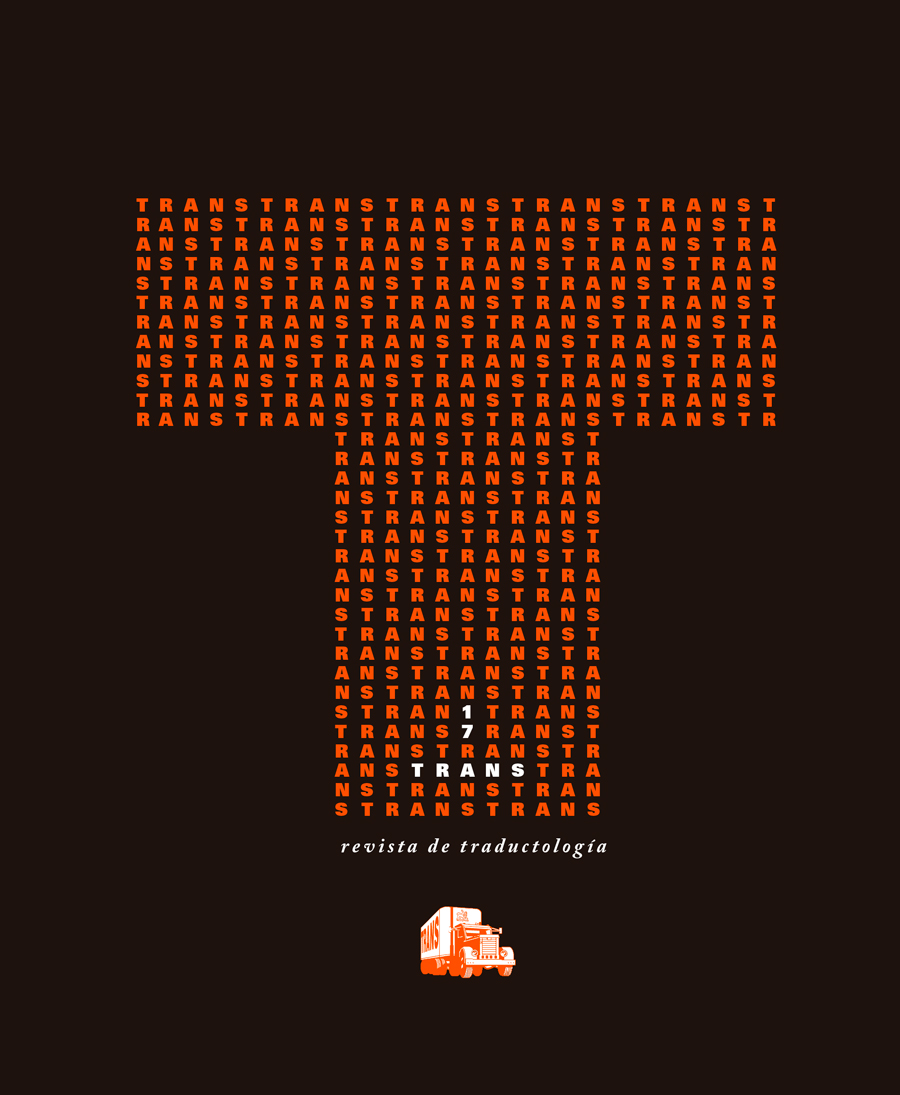Dialect as a challenge for dubbing: options and obstacles in the translation of Bienvenue chez les Ch'tis
DOI:
https://doi.org/10.24310/TRANS.2013.v0i17.3233Keywords:
dialect, language variation, dubbing, Picard, ch’tiAbstract
Dubbing a film in which dialect plays a central role not only in the language of some of its characters but also as a topic of discussion and a trigger of comic misunderstandings, is a challenge for any translator. The task of transferring the successful French film Bienvenue chez les Ch’tis (Welcome to the Sticks) with its extensive use of Picard into Spanish is a case in point. In its analysis of Bienvenidos al Norte, this article discusses several solutions to the problem, rejecting traditional options such as translating dialect into standard Spanish or into a Spanish dialect like Andalusian. The creation of an artificial Spanish is put forward as the best option and evaluated in phonological and lexical terms.Downloads
Metrics
Publication Facts
Reviewer profiles N/A
Author statements
Indexed in
-
—
- Academic society
- N/A
- Publisher
- Universidad de Málaga
Downloads
Published
How to Cite
Issue
Section
License
All contents published in TRANS. Revista de Traductología are protected under the Creative Commons Attribution-NonCommercial-ShareAlike 4.0 International (CC BY-NC-SA 4.0) license. All about this license is available in the following link: <http://creativecommons.org/licenses/by-nc-sa/4.0>
Users can copy, use, redistribute, share and exhibit publicly as long as:
- The original source and authorship of the material are cited (Journal, Publisher and URL of the work).
- It is not used for comercial purposes.
- The existence of the license and its especifications are mentioned.
- ShareAlike — If you remix, transform, or build upon the material, you must distribute your contributions under the same license as the original.
There are two sets of authors’ rights: moral and property rights. Moral rights are perpetual prerogatives, unrenounceable, not-transferable, unalienable, imprescriptible and inembargable. According to authors’ rights legislation, TRANS. Revista de Traductología recognizes and respects authors moral rights, as well as the ownership of property rights, which will be transferred to University of Malaga in open access.
The property rights are referred to the benefits that are gained by the use or the dissemination of works. TRANS. Revista de Traductología is published in an open access form and it is exclusively licenced by any means for doing or authorising distribution, dissemination, reproduction, , adaptation, translation or arrangement of works.
Authors are responsable for obtaining the necessary permission to use copyrighted images.













21.png)
